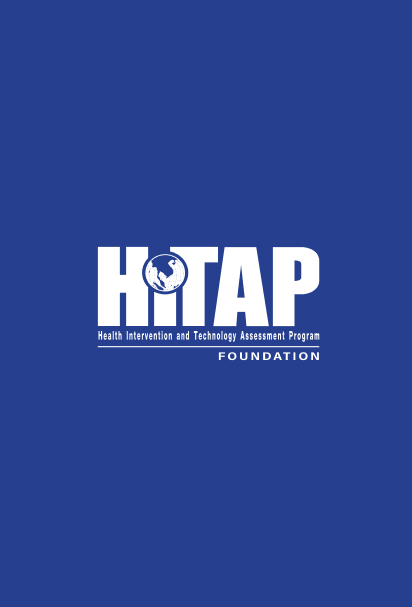
Introduction
Climate change poses significant risks to public health, necessitating the integration of environmental and climate data into health policy and decision-making processes. In Thailand, there are over dozen Acts and regulations targeting environment and climate change which is being led (often unilaterally) by several national agencies including Ministry of Industry, Ministry of Interior, Ministry of Energy, Ministry of Natural Resources & Environment, Ministry of Transport, Ministry of Agriculture & Co-op, Office of Prime Minister, National Council for Peace and Order, and the Department of Public Health. Within the health domain, there are two Acts as they relate to environment and climate change: (i) National Health Act, 2007, and (ii) Public Health Act, 2007. While these Acts and regulations are welcomed and indicate Thailand’s commitment to issues at hand, there are several gaps in public knowledge. First, the scope of those Acts and regulations are unknown and which climate mitigation and adaptation policies they are designed to address. Second, whether and to what extent data and evidence plays a role in informing those acts and regulations. In addition, integrated policies such as the Health National Adaptation Plan (HNAP) exemplify intersections between health and climate. To address these knowledge gaps comprehensively, we will examine these cross-cutting policies and draw lessons from previously isolated, sector-specific policies. This approach will help to identify synergies and enhance coordination across health and climate policy frameworks, ultimately supporting more cohesive and effective policy action.
Authors
Wissawa Malakan1, Sarin KC1, Kraiwit Saetan1, Kimberly Fornace2, Yann Felix Boucher2, Yot Teerawattananon1,2
1Health Intervention and Technology Assessment Program (HITAP), Thailand
2National University of Singapore (NUS), Singapore